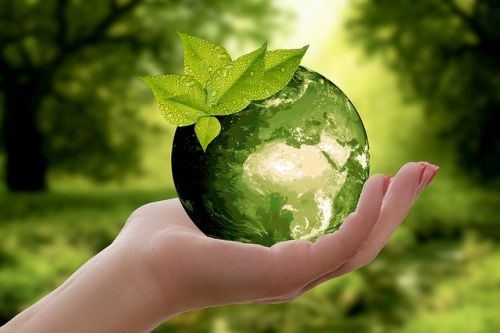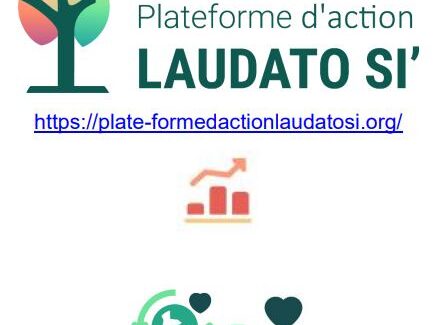
In times of pandemic, what lessons can be learned from Laudato Si and its integral ecology paradigm?
Think of “everything being connected”. Before the pandemic, the Pope let us savour the positive side, the wonderful relationship that exists between the natural elements, including people. The pandemic, on the other hand, has emphasised the dark side of this ‘connected whole’, because human activity has led to the destruction of natural habitats, and the species jump of the virus from animal to human are also linked.
What is the evangelical foundation of the commitment to care for the Creation?
It is ‘Love your neighbour as yourself’. One of the key concepts of Laudato Si is “to listen as much to the cry of the earth as to the cry of the poor”. It is true that the Gospel teaches us to value nature, but it is also true that caring for nature means ensuring a healthy planet for the most disadvantaged, also for our children. It means remembering the “lesser billion”, the billion people who are victims of a “chronic pandemic” due to 17 neglected tropical diseases.
Can the concept of integral ecology guide future paths?
This is the fundamental concept of the entire teaching of Pope Francis, who invites us to overcome the current socio-economic system. Today we live in the paradigm of the industrial revolution, which considers natural resources to be unlimited. However, these resources are limited and therefore we need to find a different model of development, which also considers the needs of the populations forgotten by so-called ‘evolved’ societies.
Laudato Si calls for an “ecological conversion”. What does it mean to live the principles of integral ecology?
Integral ecology is not only about the environment but about all aspects of human life, society, economy, politics. Each one of us must try to change our lives, starting, for example, with our consumer choices. We can favour politicians who are sensitive to caring for nature and campaign for divestment from fossil fuels in favour of renewable ones.
What initiatives does the Focolare Movement have in this special year of celebration of the Laudato Si?
The Focolare Movement participates in the initiatives of the Catholic Church and in the events promoted by the Global Catholic Climate Movement, of which it is a member. It is also organising the conference “New ways towards integral ecology” that will be held in Castel Gandolfo (RM) from 23 to 25 October.
Your latest book is entitled “Francis` crazy dream”. A small (scientific) manual of integral ecology’. Why do you talk about a crazy dream?
Because it seems truly impossible to change the course of this planet, towards a world in which we all feel like brothers and sisters and build more bridges than walls, but – as the founder of the Focolare Movement, Chiara Lubich, used to say – “only those who have great ideals make history!”.
(Source: EcoOne )



